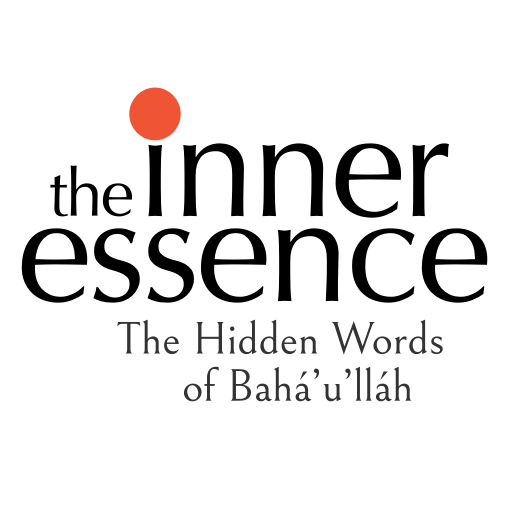
About the Hidden Words
The Hidden Words is a collection of short statements and exhortations revealed by Bahá’u’lláh in 1858. Although quite short, measuring only 153 passages, it is nonetheless considered Bahá’u’lláh’s primary ethical work. Shoghi Effendi, the Guardian of the Bahá’í Faith, described it as follows:
...that marvelous collection of gem-like utterances, the “Hidden Words” with which Bahá’u’lláh was inspired, as He paced, wrapped in His meditations, the banks of the Tigris. Revealed in the year 1274 A.H., partly in Persian, partly in Arabic, it was originally designated the “Hidden Book of Fátimih,” and was identified by its Author with the Book of that same name, believed by Shí’ah Islám to be in the possession of the promised Qá’im, and to consist of words of consolation addressed by the angel Gabriel, at God’s command, to Fátimih, and dictated to the Imám ‘Alí, for the sole purpose of comforting her in her hour of bitter anguish after the death of her illustrious Father. The significance of this dynamic spiritual leaven cast into the life of the world for the reorientation of the minds of men, the edification of their souls and the rectification of their conduct can best be judged by the description of its character given in the opening passage by its Author: “This is that which hath descended from the Realm of Glory, uttered by the tongue of power and might, and revealed unto the Prophets of old. We have taken the inner essence thereof and clothed it in the garment of brevity, as a token of grace unto the righteous, that they may stand faithful unto the Covenant of God, may fulfill in their lives His trust, and in the realm of spirit obtain the gem of Divine virtue.”
(Shoghi Effendi, God Passes By, 140)
The full text of the Hidden Words is available in several languages on the official website of the Bahá’í Faith.
About this project
I recorded the audio for this work in 2006, intending to release it as a set of two CDs. I played the flute tracks myself on a Xiao (箫), a Chinese instrument made of a single length of bamboo, which I obtained in Guilin China in 1997. All of the readers were volunteers, and I'm still grateful for the time that they were willing to spend recording with me. Many of them recorded many more passages than eventually made the final compilation. Thanks again to Tia, David, Steve, Chad, Deepali, Prema, Anisa, Ariana, and Hayden; after so much time, uncovering these recordings of our younger selves feels to me like finding a buried treasure. Thanks also to Tallis for selling me that Neumann mic on the cheap, Kurt and Linda in whose quiet home I recorded all the flute tracks while they were on vacation, Erica for all the support, and Brent, Kevin, and Martha for services rendered that I'm sorry to say have escaped my memory. Sixteen years ago I managed to manufacture 1000 pairs of CDs, print covers, and assemble some sets, but owing to the devastating discovery of a glaring audio defect in the final product and the pressure of changing life circumstances, I was regretfully unable to satisfactorily complete the project at that time. However, with the publication of this digital form I feel that the work has achieved a much better presentation than was even possible back then. Like any art I know this can't appeal to everyone, but it makes me happy to think that some of you out there may find this rendition of the Hidden Words a meaningful way to interact with the Bahá’í teachings.
David Hunt
January 2022
About this application
Audio © 2006 by David Hunt. Website and app © 2019 and 2022 David Hunt. Bahá’í texts used by permission.
The git repository for this site is publicly available at https://github.com/dnotes/hiddenwords. Please feel free to report any issues in the Github issue queue.